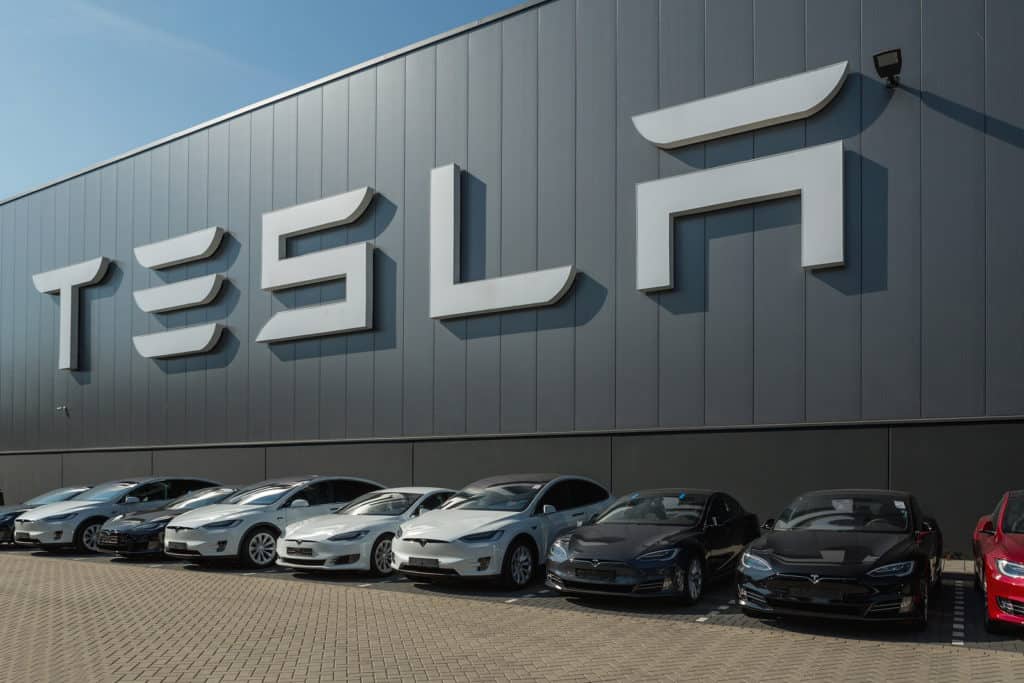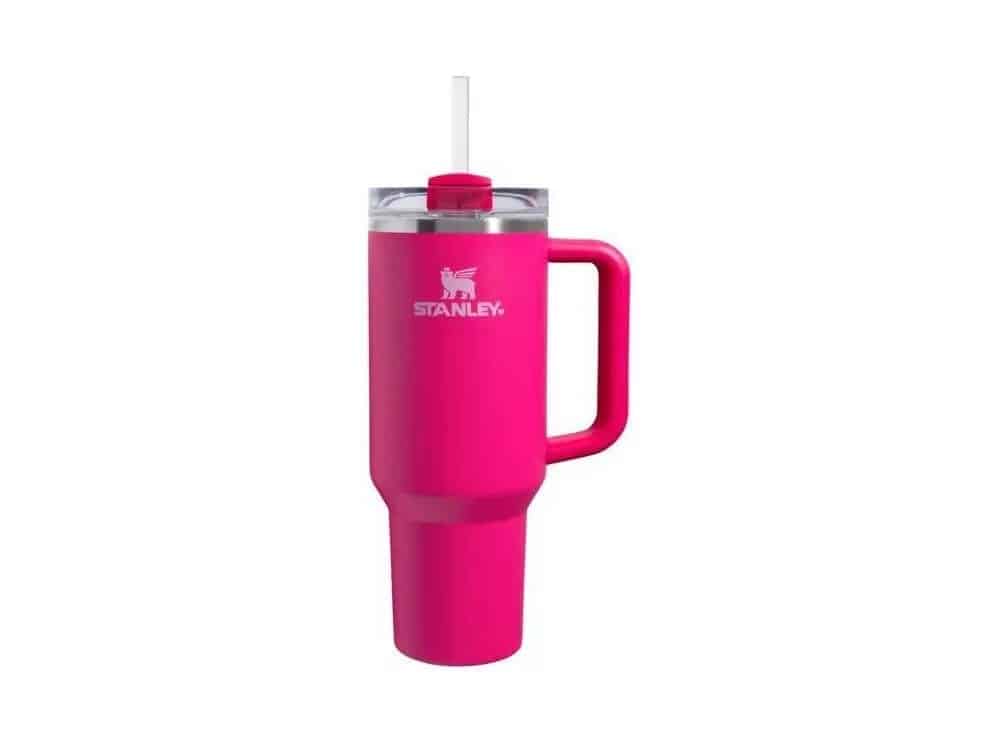Tesla, the electric vehicle giant led by Elon Musk, is facing a significant legal challenge in the form of a proposed class action lawsuit filed in California, alleging that the company systematically speeds up the odometers in its vehicles. The lawsuit claims this practice is intentionally designed to make warranties end sooner, thereby giving Tesla a reason to avoid paying for repair costs.
The plaintiff, Nyree Hinton, a California resident, filed the complaint on behalf of himself and a potential class of over one million Tesla vehicle owners in California. Court documents indicate the lawsuit was first filed in a state court in Los Angeles but was later moved by Tesla to federal court. The case is titled Hinton v Tesla Inc et al, U.S. District Court, Central District of California, No. 25-02877.
According to the complaint, Tesla represents its vehicle warranties as a way to protect consumer purchases, covering repairs and replacements for defects in materials or workmanship. However, the lawsuit contends that Tesla has engaged in “fraudulent business practices, misrepresentations, and false advertising” by designing its odometer systems to overstate the actual miles traveled.
The lawsuit points to a Tesla patent (U58054038B2) which allegedly confirms that the odometer readings are not direct measurements but are: “derived from energy consumption data, driving behavior patterns, and predictive algorithms“.
This patent reportedly describes a “miles-to-electrical energy conversion factor” that dynamically varies.
Based on this, the complaint alleges that Tesla “intentionally designed, manufactured, calibrated, installed, altered, set and/or tolerated their Tesla Odometer Systems… to inflate the mileage travelled by the vehicle by varying percentages ranging from 15 [percent] to as high as 49 [percent]…”.
How The Alleged Manipulation Harms Tesla Owners
The core argument in the class action is that the alleged odometer inflation deprives Tesla owners of the full benefit of their warranties, which are often tied to specific mileage thresholds. The complaint details several ways this could harm consumers:
- Accelerated expiration of mileage-based warranties: By over-registering miles, Tesla vehicles could reach their warranty limits much faster than if the mileage were accurately recorded.
- Diminished lease allowances: For consumers who lease Tesla vehicles, inflated mileage could lead to exceeding mileage limits sooner and incurring excess mileage charges unfairly.
- Reduced resale value: The lawsuit argues that inflated odometer readings could negatively impact the resale value of Tesla vehicles.
The Plaintiff’s Experience
The plaintiff, Mr. Hinton, details his experience in the complaint. He bought a used 2020 Model Y in December 2022, which had about 36,772 miles at the time. His vehicle was covered by a Basic Warranty until September 2024 or 50,000 miles, a Battery and Drive Unit Warranty until September 2028 or 120,000 miles, and a Supplemental Warranty for five years or 60,000 miles, whichever came first.
Mr. Hinton alleges that despite having suspension issues that were previously repaired under warranty in February 2023, a subsequent service visit in January 2024 resulted in Tesla representatives refusing to perform necessary repairs under warranty, claiming his vehicle was no longer covered. He contends that these repairs should have been covered as they were within one year of the previous suspension work.
Mr. Hinton observed peculiar patterns in mileage accumulation in his Tesla Vehicle, particularly in relation to Tesla’s warranty expiration. He recorded a daily average of 55.54 miles between December 2022 and February 2023, but then noticed an abnormal spike to 72.35 miles per day between March and June 2023 – despite having a consistent driving routine that should have averaged only about 20 miles per day.
As a result of this increased mileage accumulation, his Basic Warranty expired when the odometer read 50,000 miles in July 2023 – well ahead of schedule. When Mr. Hinton took his vehicle for service in January 2024 to address ongoing suspension issues, Tesla refused to perform the necessary repairs under warranty.
Mr. Hinton’s historical data from previous vehicles showed a six-month average mileage of 6,086 miles, while his Tesla recorded 13,228 miles during a comparable period—a 117% increase. This disparity is particularly striking considering his Tesla Vehicle was unavailable for use during significant parts of this period due to service visits.
In October 2024, when his Tesla’s suspension seemingly disconnected from the main driving mechanism, repair center representatives confirmed significant repairs were needed—estimated at around $10,000. Interestingly, a representative told him all Tesla repairs come with a one-year warranty, suggesting the January 2024 repairs should have been covered by the warranty from February 2023.
Legal Claims Against Tesla
To support the claim of odometer discrepancies, the lawsuit also mentions “noted discrepancies between the distances they have driven and what is reported by the odometers in their Telsa Vehicles,” referencing a compilation of Reddit postings discussing these issues as referenced in the class action complaint.
The class action asserts multiple legal claims against Tesla, including:
- Violation of California Vehicle Code Section 28050, which prohibits odometer tampering. The complaint alleges Tesla manufactured and sold vehicles with odometers that registered mileage greater than actually driven.
- Unjust enrichment/restitution, arguing that Tesla benefited from the alleged overcounting by avoiding warranty repairs.
- Negligent misrepresentation, claiming Tesla misrepresented the accuracy of its odometers and the accompanying warranties.
- Violation of California Business & Professions Code Section 17200 (Unfair Competition Law), alleging unlawful, unfair, and fraudulent business practices. The lawsuit contends Tesla’s conduct is “unfair” as the harm to consumers outweighs any utility and offends public policy.
- Violation of California Business & Professions Code Section 17500 (False Advertising Law), asserting that Tesla’s marketing materials concerning the odometer and warranties were deceptive.
- Breach of contract, alleging Tesla failed to provide the promised warranty coverage due to the accelerated expiration caused by the inflated mileage.
- Money had and received, claiming Tesla obtained money from consumers under circumstances that equitably belong to the plaintiffs.
What This Means for Tesla Owners
The lawsuit seeks a variety of relief, including class certification, compensatory and statutory damages, disgorgement of profits, punitive damages, injunctive relief, and attorneys’ fees and litigation costs.
It is important to note that while the lawsuit makes serious allegations, these are currently claims that Tesla will have the opportunity to respond to in court. According to a Reuters report, Tesla and its lawyer did not immediately respond to requests for comment on this specific lawsuit but have “denied all material allegations in the lawsuit.” The company does not have a media relations office.
Interestingly, the Reuters report notes that Tesla has also faced previous litigation accusing it of inflating vehicle driving ranges. However, a federal judge in a separate case in March 2024 ruled that drivers in that instance must pursue their claims in individual arbitrations, not a class action. It remains to be seen how the court will rule on the class action status in this new case concerning odometer readings.
Are You a Tesla Owner Experiencing Similar Issues?
If you own a Tesla vehicle in California and have noticed unexplained surges in odometer readings or have been denied warranty coverage due to reaching mileage limits unexpectedly, your vehicle may be affected by this issue. The proposed class action could potentially include over one million California Tesla owners.
These systematic inaccuracies and alleged fraudulent business practices could undermine the value of your Tesla vehicle and its warranties. By tying warranty limits and lease mileage caps to potentially inflated odometer readings, Tesla may be increasing repair revenue, reducing warranty obligations, and compelling consumers to buy extended warranties prematurely.



